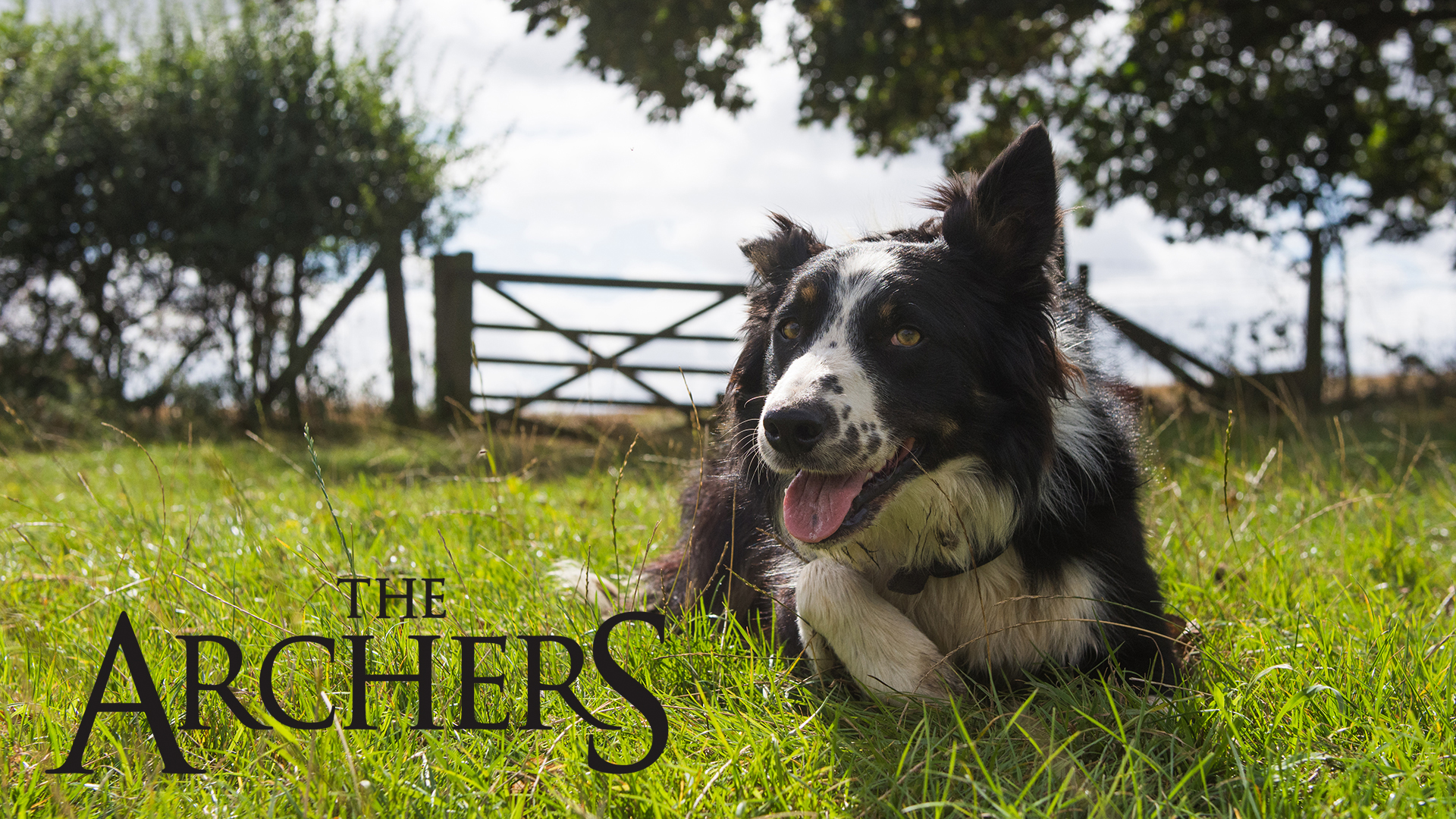
Culture Writer Jack Gun shares why he believes The Archers is ‘the MCU of the radio world’
It is Sunday afternoon. My pot of Earl Grey sits steeping on the table in this artsy café in Msida, Malta. BBC Sounds at the ready, I press play and the gentleman says in a slightly excited tone: ‘You’re listening to The Archers Omnibus from BBC Radio Four.’ For the next hour I am treated to that week’s events from the world of the village of Ambridge in the fictional county of Borsetshire. The sounds of rural life ring in my ears: cows, pigs, hedgerow creatures and the ongoing debates of which feeds to use, which crops to sow, and which livestock will spearhead that season’s farming.
“BBC Radio Four’s The Archers follows the Archer family and others […] as they navigate their way through the perils of country life
Begun in post-war Britain, BBC Radio Four’s The Archers follows the Archer family and others, namely the Grundies, the Carters and the Aldridges, as they navigate their way through the perils of country life. Having first aired in 1951, it is the world’s longest running drama and represents something which we seem to be losing: the ability to relax and listen. Just before Lockdown, I committed to The Archers Omnibus, the one-hour Sunday collection of that week’s episodes. I had always been familiar with the programme, heralded at seven o’clock every weekday by that classic tune ‘Barwick Green’ by the Yorkshireman, Arthur Wood. Now on a year abroad in Malta, I make sure never to miss Sunday’s Omnibus.
What makes this radio serial so attractive to its regular five million weekly listeners? It is perhaps its quintessential nature. Set in a rural village, its life is reminiscent of how J. R. R. Tolkien describes the Shire. Regular traditions like the Harvest Supper and Winter plays characterise the annual calendar. Indeed, 2021’s Christmas performance of the Medieval Mysteries, adapted and directed by Lynda Snell, (MBE) was a treat for listener, moving me to tears. It also regularly features famous voices, recently Jackie Weaver (the she-wolf of Handforth Parish Council) and soon, the Duchess of Cornwall will grace the programme. Dame Judi Dench, Sir Bradley Wiggins and Catherine Tate have also made appearances, the latter as part of the jury which helped end an intricate and carefully constructed domestic abuse storyline.
“The programme deals with intensely complex and hard-hitting topics
Fundamentally, however, I think its attraction stems from its unwavering commitment to people. The pleasure of it, as one of my recently converted friends said, comes simply from listening to a series of ordinary conversations. As humans, we are fascinated by people and tales, and The Archers meets this fascination marvellously. Its introduction of narrative and character traits is steady and leaves you itching for your next visit to the fictional realm of Ambridge. In my eyes (or rather in my ears), this grants it an unrivalled ability to encourage you sit back and listen to a good yarn. Far from a constant reinforcement of damp storylines, the programme deals with intensely complex and hard-hitting topics, all backed up by a family tree to rival the Hapsburgs. An explosion at the village’s hotel of Grey Gables in 2020 birthed several dramatic plots, including one centred on modern slavery. The death, birth or marriage of someone has, like the real world, long-reaching effects on life in a way which films and even television series cannot replicate. These storylines are often decades in the making, the MCU of the radio world! Following these people, many of whom you have shadowed since their birth, makes them an extension of your own life to the extent where you can become quite obsessed with knowing what they’re up to.
‘Why are we singing The Archers’ theme tune?’ says Miranda Hart in her comedy’s second series. Why not? Sing away, I say. Do not give in to the stereotype that The Archers is for old fogies, it has something to offer everybody. I guarantee that after one or two omnibuses, you will have a niggling feeling of wanting to know what the villagers are up to. That niggling feeling will then develop until, like me, you feel the need to take an hour of time out of your week to sit, listen and be transported.
Enjoyed this? Read more on Redbrick Culture!
Live Poetry Review: Jasmine Gardosi’s ‘Dancing To Music You Hate’
Comments